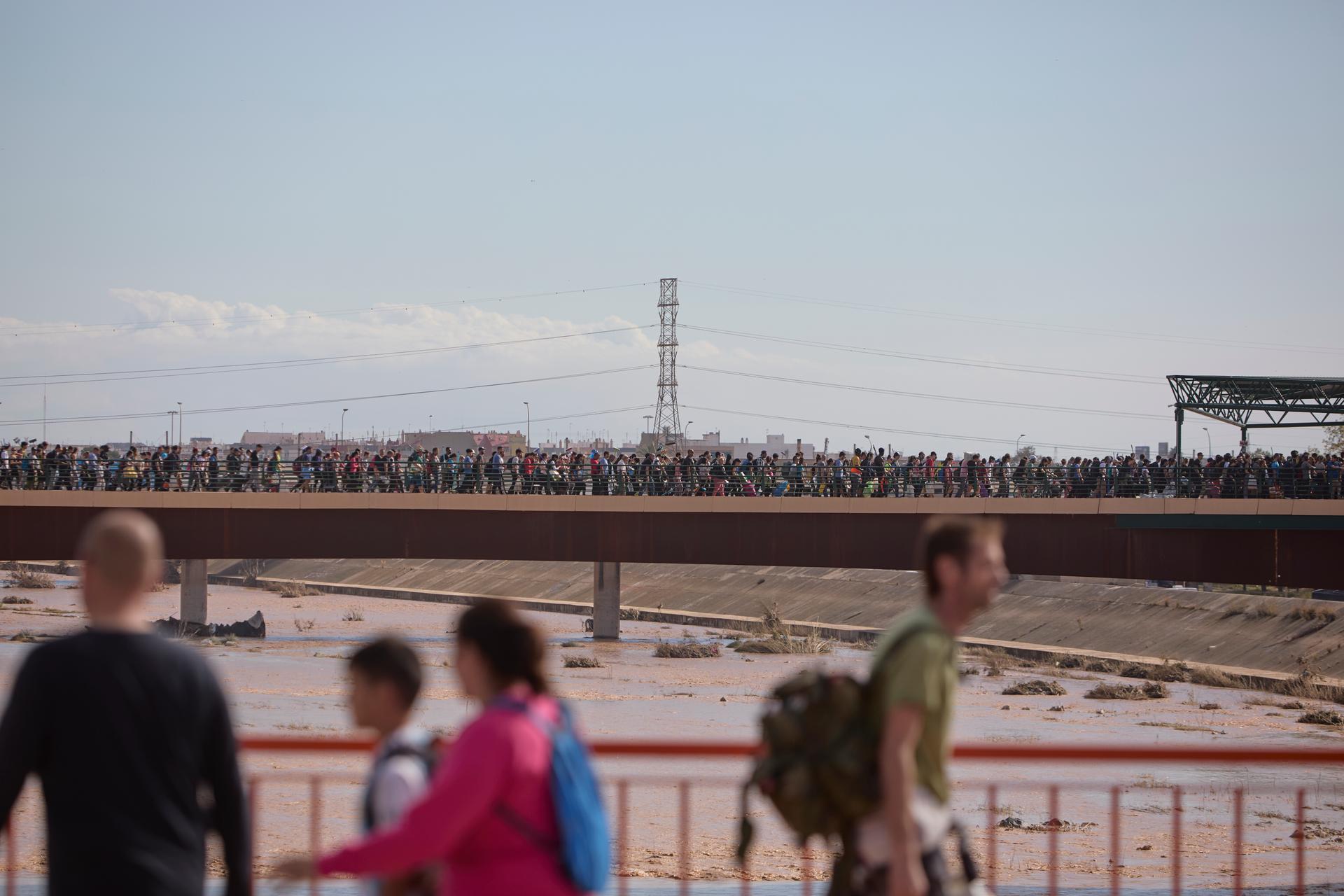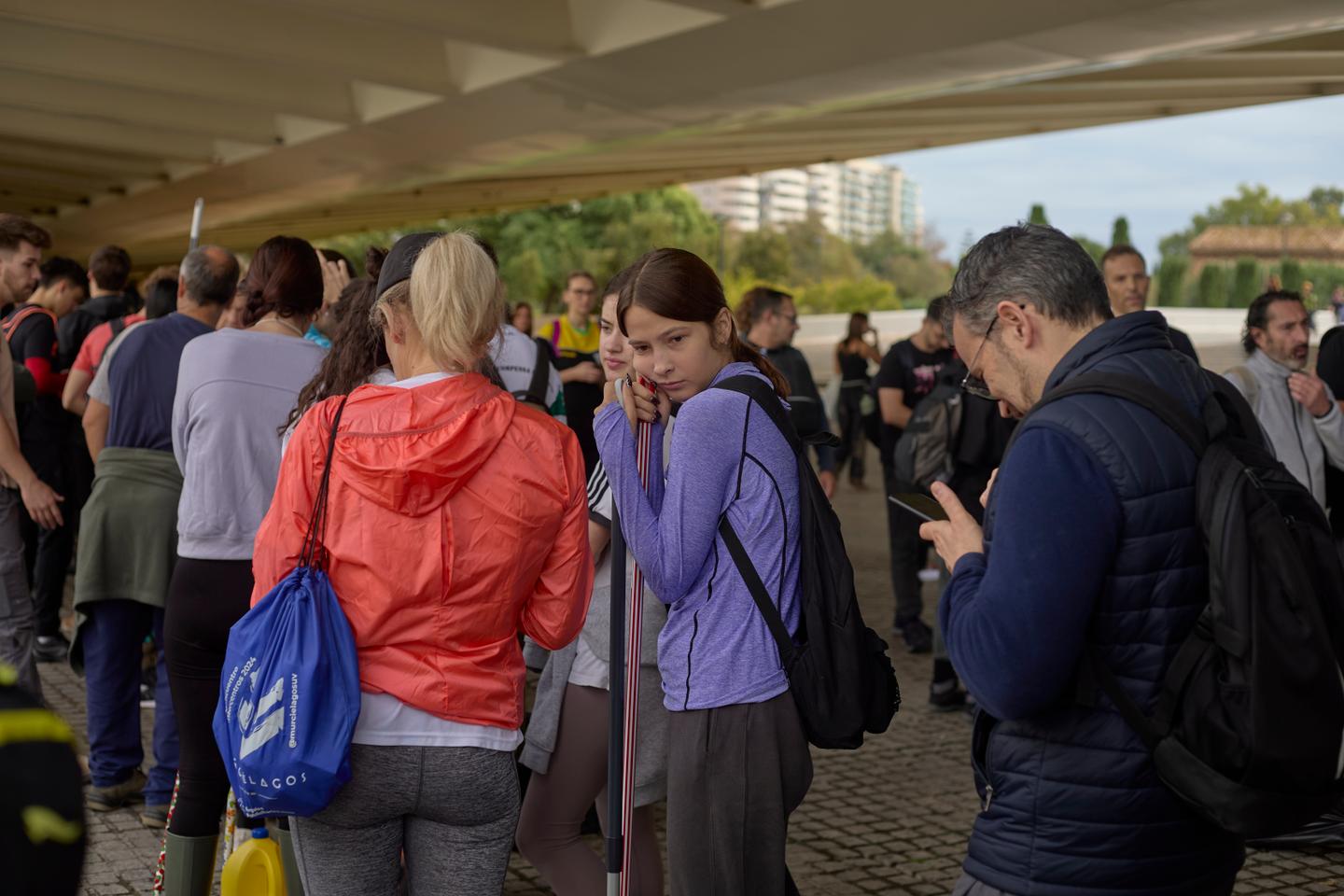Sadness. Anger. And a lot of questions. Valencia remains in a state of shock following the floods of October 29, which killed 210 people, according to a provisional toll, and caused considerable destruction in several towns in the metropolitan area and the region. On Saturday and Sunday, thousands of volunteers continued to flock to the worst-affected areas to help their fellow citizens. This was a criticism voiced loud and clear to the king, prime minister and president of the region on Sunday, who were insulted and pelted by several hundred people during a particularly eventful visit to Paiporta, one of the towns with the highest death toll and where chaos reigned for several days.



The anger was equal to the feeling of abandonment. Thousands of volunteers put on their boots, bought essential goods and walked for kilometers to distribute them, sometimes carrying dozens of kilograms on their shoulders, out of solidarity with their neighbors. But also because public resources were sorely lacking for the first three days, leading elected officials in several towns to call for help on several occasions.
“We need food and doctors,” declared the mayor of Chiva, Amparo Fort, to Le Monde on Friday. The mobilization began to become truly visible and effective on Saturday, the day significant new reinforcements were announced by the government. “We’re very, very angry with the politicians and the way they’ve handled the crisis. Both regionally and nationally,” said Juan Banilla, 60, a local civil servant. He and his colleague Jose Fernando Quintanilla, 66, donned their hiking gear on Saturday and offered to help the survivors of the wave.
Lack of coordination
“We are all terrified by what has happened, the number of dead and missing. The towns affected look like war zones. But our politicians didn’t grasp the scale of what’s happening,” lamented the civil servant, as he waited his turn to board a bus to reach a flooded area to shovel mud or clear away rubble.
In the line of volunteers, Paula Roselto, a 24-year-old psychologist, spoke up: “We knew before about the hurricane in Florida but not here, why?” The young woman had come with three friends to help. “France offered to send firefighters and our ministers said no. Why? Didn’t they understand the extent of the crisis?” asked 18-year-old student Carolina Marco. “We can all understand that we can’t stop the flooding. But we could have asked people not to go to work on Tuesday afternoon. That would have changed so many things,” she continued. The same goes for the late alert received on cell phones. Someone close to the young women received the notification asking them not to go out even though he had already taken refuge in a tree – he stayed there for five hours. “Valencia was not prepared for this kind of crisis. But this raises many other questions. About flood zone management. About the organization of public services,” continued Rosetto.
You have 25.01% of this article left to read. The rest is for subscribers only.

